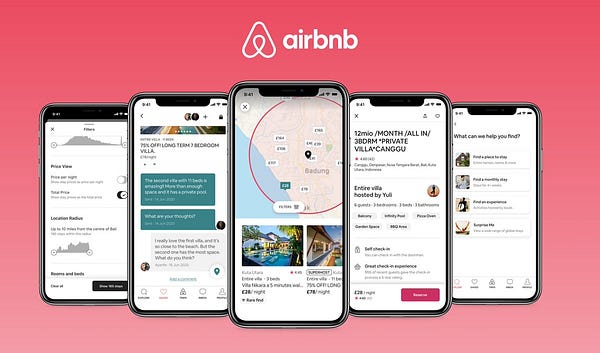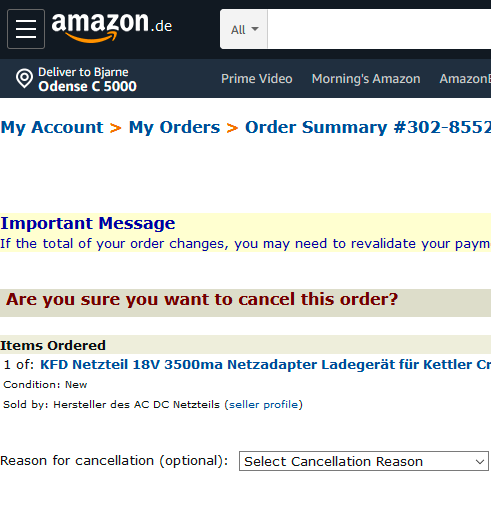One Principle to rule them all!
Today, we're talking about Bootcamps, online courses, youtube videos, and Masterclasses.
Also in this episode:
A better motivation than mortal certificates 🌎
A trip to tutorial hell 🔥
The road to Wembley ⚽️ (Yes, this is a manchester united reference 😌).
Last month, this newsletter reached 100 subscribers and that’s a really big win for just 2 months of writing here. I want to say thank you. Also, you can share again with your friends and have them subscribe too.
This episode is a long, cool, witty one, so, I’d first put out a disclaimer that this is all just my opinion, and I’m not speaking about any person or organization in particular. You could try hearing me out with an open mind.
Every passing day reinforces my belief that the most inefficient ways to learn tech (whether code, design, security, etc) are boot camps, online courses, youtube tutorials, and master classes. Don’t get me wrong, in themselves, they are adorable ways to pass information, they will help anyone starting out their journey. I watch Udemy courses sometimes, but I don’t learn, I get good information though. I’ve also been around a number of folks whose experiences with these things help me understand even more why this statement is correct, and I will explain.
The problem starts with how these things are presented to the students. It is good marketing but it is inherently bad for the student. One example you typically find on Twitter is, “Join my coding masterclass and land a $500 gig” or “Become a certified full-stack developer after this 6-week boot camp”.

This tweet was a joke but you get what it was trying to portray right?
Lemme show you a real one:

An unrealistic expectation is sold to the student, and so the rat race begins; the engagement in content like this alone shows how big a problem it is.
It usually ends with the student either “losing passion” because coding is hard, the more ‘resilient ones’ may get someone else to help write their code assignments to beat deadlines, and finally, they bask in the LinkedIn glory of their new certificate post. In all these stages, the best that can happen is an information overload, no real learning takes place. WAGMI right?🌚

Let’s buckle down on it a bit, shall we? this is what I think:
Road to Wemb Linkedinley
Stage 1: Expectations
I have no problem with “plenty money” being your motivation to enter tech. The problem is, in 8 out of 10 cases, that’s not enough fuel to run on. You’d need something to hold on to on your journey because I can tell you for free that ‘plenty money’ is hard to come by. You’d have to know a ton of stuff before money comes.
I could suggest that the absolute minimum requirement be an interest in one of the fields in tech.
The few times I’ve had to guide a tech upstart, the first question I ask is “what part of tech intrigues you?” Most of the time the response is a blank stare. What I then do is send them on reconnaissance for a few days to go check out random things online about the fields in tech, and watch random Youtube videos about them.
Some return (others don’t) in a few days with excitement mixed with a little determination and say something like “oh yeah, I think I like DevOps”. We can work with this! Next, I’d make sure to give a glimpse of what you’re really getting into, for instance, I’d send the roadmap for DevOps. I’m not trying to discourage them, it’s to prepare them for the next stage.
Stage 2: Despair
Naturally, this happens next in the cycle. Everyone has been here, we all are back here every few weeks sadly. One minute, you feel like the best in the world, the next you’re wondering why you’re not selling on Instagram instead. Here, you see the difficulty, learning curve, and sheer amount of knowledge to consume.
Interestingly, this is where true learning should begin. It’s okay to not get it perfectly, it’s okay to fail because it’s a learning process.
Sadly, many people from here on fall into the illusion that more Youtube tutorials are needed and end up in tutorial hell. I am of the opinion that you’d never truly learn something if you don’t get down dirty and build something, figuring things out as you go, making mistakes and ultimately learning by trial and error - the knowledge you get from this sticks with you. One thing that people in a tutorial hell realize eventually is that they’re not getting any better in real life. They might feel confident while binging on youtube videos but they can’t do much on their own after that.
Stage 3: Deadlines
Eventually, in the absence of any real learning, the focus is shifted to only meeting deadlines and submitting assessments and group projects, and then ultimately just getting by. Sometimes, getting by might include outrightly having someone else design or write your code for you. There’s no trick or shortcut to it, I’d even prefer you’re doing things from scratch and reading docs and articles and learning for real than meet deadlines.
Stage 4: Certificates
For a lot of people, it all ends here. It’s not a bad thing, but it will be in the long run. I’ve watched a lot of Udemy courses and I usually never care about the certificate. For me, once I’ve gotten the information I need from a course, I get busy building something with that knowledge or applying it in some measurable way. That, in itself, is better than a certificate that ends on Linkedin.
The first principle at any point in your journey is to embrace learning by ‘trial and error’.
The Endgame
You might be thinking that this is a really terrible take on mentoring and teaching, but there’s an endgame. I had someone come to me a number of years ago who had an interest in learning front-end development. I’m not a frontend engineer but the principles of learning are the same everywhere, so I agreed. I took him through these in practice; I’d send an article or a video, or a course and ask for regular updates. I’d ask out of the blue to see something he’s built with what he’s learning. sometimes, he’d build and send it in for review, I’d review it and ask him to push to GitHub and deploy it on a free server. Basically, I didn’t subscribe to spoonfeeding. I’ve seen great results because of this. Now he’s picked up React on his own and he’s learning and building without my supervision, being pushed forward solely on his ability to dive in head first and figure the rest while he’s building. This type of mentoring builds a mindset, not a developer. A mindset that can be used in a lot of other areas.
To balance it up, there’s also the place of asking for help but only if you’ve made efforts to solve the blocker; that way the solution adds experience to your learning because you will never be stuck at that blocker anymore.
PS: He’s open for roles, and I recommend him highly if you have a need for a junior front-end engineer or know a company that does. Here’s his portfolio. It’s really beautiful how far he’s come.
I was a mentor for the 2022 HNGi and I can tell you for free that the best interns and ultimately engineers are the ones that do not hesitate to jump right in and learn on the go.
Opinion Polls…
Do y’all designers agree? 🌚



Also, maybe we shouldn’t ignore the elephant in the room anymore so let’s have that poll already:
…(drum roll) 🥁🥁
However this poll goes, I’d leave this out here for no reason at all:
TL;DR
Be patient with yourself, but go through the process of learning properly anyway. The key is to not be driven by unrealistic expectations and ideas everywhere on social media.
Get down and dive in. Build something. Tutorials and courses are not good ways to retain knowledge. The challenges, successes, and errors you face while building are where your learning is happening.
If possible, leave certificates of completion or participation alone; what really validates your progress is the things you’ve built with what you’ve learned.
I might decide I want to write more than once a month, I realize I am not able to talk about technical issues I want to talk about deeply, so the options before me are to either write more than once or to create a segment in the monthly digest specifically for technical issues, lemme hear your thoughts. I’ve not decided yet.
I’d see you again next time, yeah!








I really enjoyed this article, and you’re right with building the right mentality to learn. Design or Code, it’s really about getting your hands dirty. “Practice almost makes perfect” 😂.